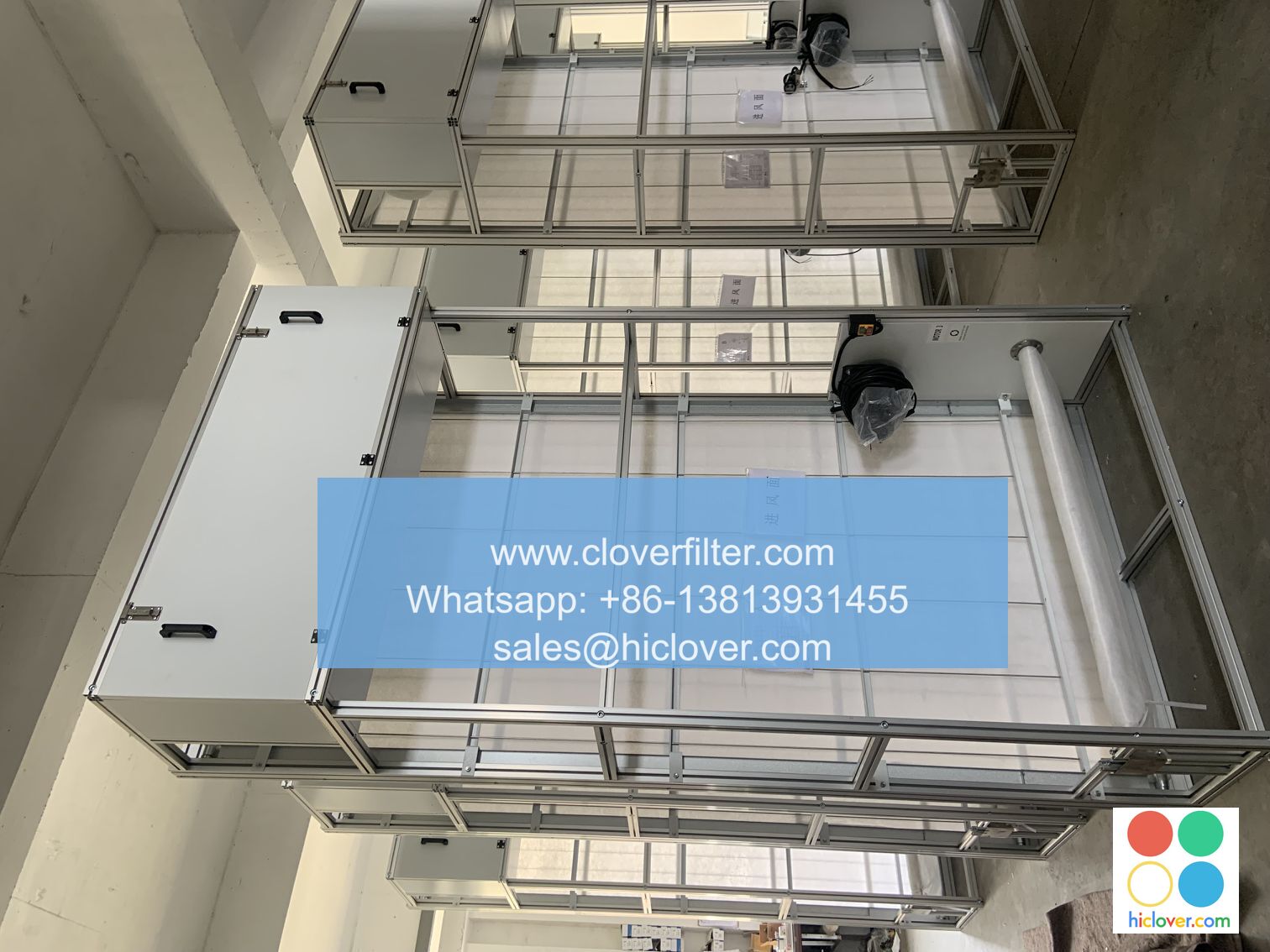How Does Air Filter Maintain Clean Air & Fresh Breathe?

How Does an Air Filter Maintain Clean Air & Fresh Breathe?
Air quality has become a pressing concern in recent years, with increasing awareness of the impact of poor air quality on our health and the environment. One of the most effective ways to maintain clean air is by using air filters. In this article, we’ll explore how air filters work, their benefits, and various application areas where they can be used.
How Air Filters Work
Air filters, also known as air purifiers or air cleaning systems, work by capturing small particles, pollutants, and allergens from the air we breathe. They consist of a filter medium, such as activated carbon, activated alumina, or HEPA (High-Efficiency Particulate Air) filters, which capture pollutants as air passes through them.
How it Works
Here’s a step-by-step explanation of how air filters work:
- Air is drawn into the filter: Air is drawn into the filter through an intake vent, which is often located at the front or side of the filter.
- Air passes through the filter medium: As the air passes through the filter medium, small particles, pollutants, and allergens are trapped, while clean air continues to flow through the filter.
- Filtered air is released: The clean air is then released back into the room or environment, while the filtered pollutants and allergens are captured and removed.
- Improved indoor air quality: Air filters can remove up to 99.97% of airborne particles, including dust, pollen, pet dander, and particulate pollutants.
- Reduced allergy and asthma symptoms: By removing allergens and irritants, air filters can help alleviate allergy and asthma symptoms.
- Improved respiratory health: Clean air can help reduce respiratory problems and improve overall health.
- Reduced odors and indoor pollutants: Air filters can also remove unpleasant odors and indoor pollutants, creating a fresher and healthier environment.
- Residential spaces: Homes, apartments, and condominiums can benefit from air filters, especially in areas with high levels of air pollution.
- Commercial spaces: Office buildings, schools, and hospitals can use air filters to improve indoor air quality and reduce the spread of airborne illnesses.
- Automotive: Air filters can be used in cars, trucks, and RVs to remove pollutants and odors, improving driver and passenger health.
- Industrial settings: Industrial facilities, such as factories, warehouses, and factories, can benefit from air filters to reduce exposure to hazardous materials and pollutants.
- Healthcare facilities: Hospitals, clinics, and patient care centers can use air filters to reduce the spread of airborne illnesses and improve patient health.
Benefits of Air Filters
Air filters offer numerous benefits, including:
Application Areas
Air filters can be used in various settings, including:
In conclusion, air filters are an effective way to maintain clean air and fresh breathe. By understanding how air filters work and their benefits, individuals can make informed decisions about improving indoor air quality and reducing exposure to airborne pollutants. Whether used in residential, commercial, or industrial settings, air filters are a valuable investment in health and well-being.
I’m happy to help! However, I don’t see a specific prompt or question from you. Could you please provide one for me to work with?

